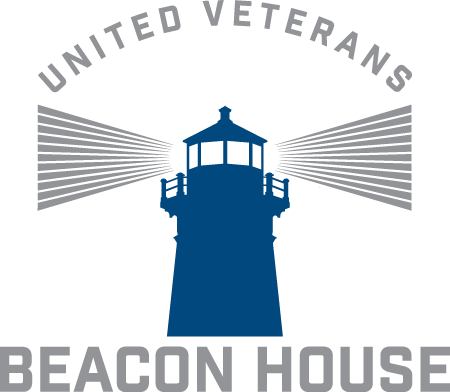
Meet a veteran, be inspired!
Carew D. spent 10 years in the Army. His story is both common and unique; it is acautionary tale and a roadmap to success. Carew D. understands that sharing his experience can inspire and lift his fellow veterans – many of whom struggle with the stark realities of life after military service.
Born in Madrid, Spain, Carew grew up on Long Island. He joined the Army in 1999.
Following a decade of service, he returned home in 2009. Life on Long Island – with its high cost of living – was an eye-opening experience. And full of challenges.
“All my money went to my household,” says Carew. Returning veterans often face similar challenges after many years of military service, where everything from housing to medical care is arranged and provided for by the US government.
Struggling to adapt to independent living, Carew’s challenges eventually led to homelessness. While he slept at night on his sister’s couch, he realized that he “needed a place to just get stable.” He eventually called United Veterans Beacon House. “The first person I talked to helped me. I went from the stress of being homeless to knowing I had a place to stay.”
As a new resident in one of Beacon House’s group homes, Carew found comfort and comradery among his fellow veterans. “As a vet, it is difficult to talk to people about our experiences. Everyone’s story is different, even if you’re all in the same space,” shares Carew. “It could be psychological trauma, addiction – you just don’t know.”
Carew quickly came to realize the importance of being both actively engaged and in regular contact with his case manager. In fact, his very first day at the group home included the weekly house meeting, where veteran residents meet to share their struggles and experiences; they also receive guidance and information on how to address their individual challenges.
Inspired by those around him, Carew quit smoking and “accepted the [situation] I was in. I knew I had to figure a way out by coming up with a plan.” Carew took advantage of everything Beacon House has to offer, believing that “you have to get out there and build trust [with people].”
“The most difficult part of this journey is the emotional and physical toll if you don’t feel you have people around you,” says Carew. “My case manager very much listened, and she helped me to see that [regaining my independence] would be step by step.
Carew’s plan included what he termed “one little step at a time”. He did not put unrealistic pressure on himself; rather, he availed himself of the people and services that suited him most. While he saw that his fellow veterans had unique struggles of their own, Carew defined his own goals, and was determined to achieve them.
“You’ve got to take the process seriously, and act as if you don’t have any more chances,” he says. The support he received at Beacon House, coupled with his own determination to succeed, resulted in real progress. Carew was offered and accepted a job with Beacon House. He says that he is now “on the other side of it” as an employee of the very organization that helped him.
He is uniquely qualified to know what it takes to get from that first call to making tangible progress toward realizing a goal. Carew’s sense of purpose and personal fulfilment shine through as he recounts his experience. “The next step in my plan is to get my own place, and to start enjoying life again.”
